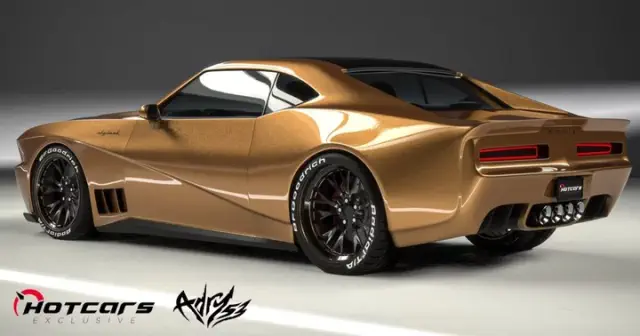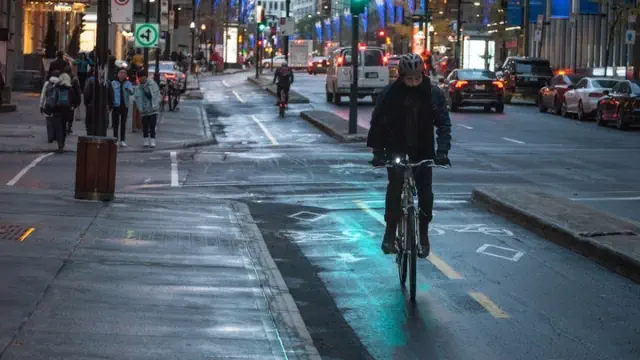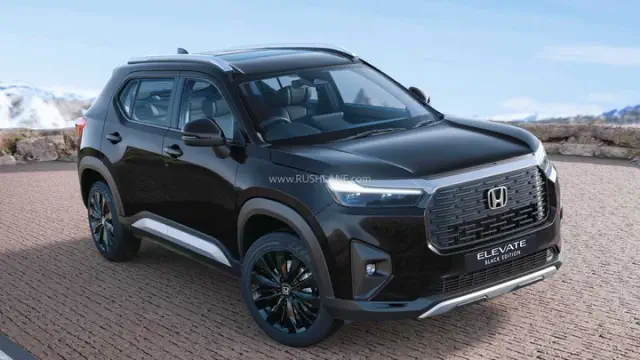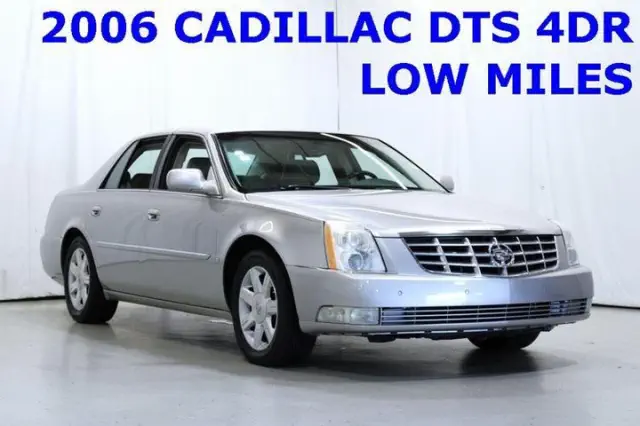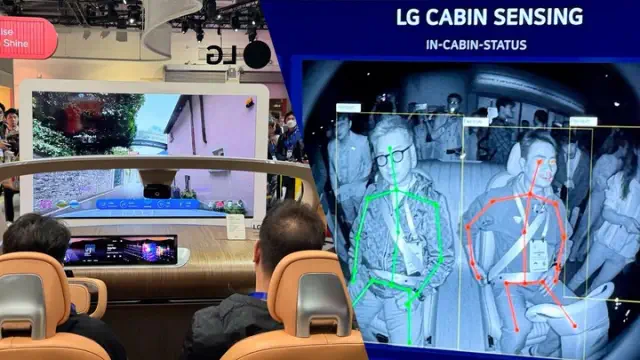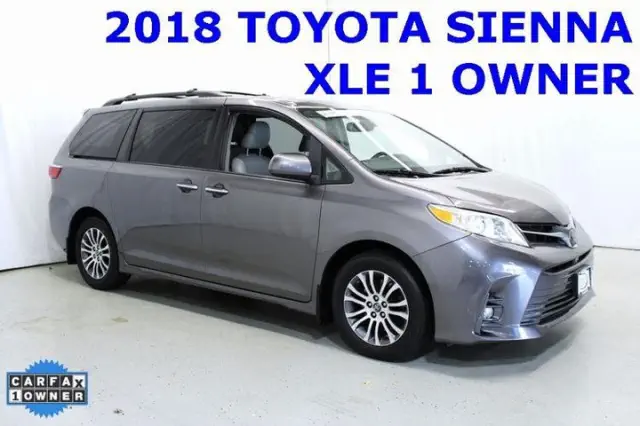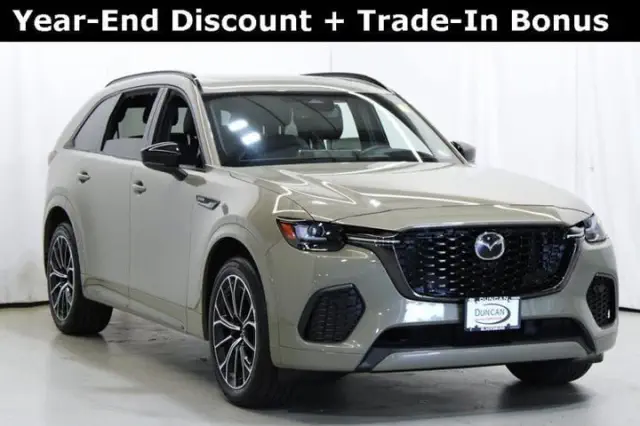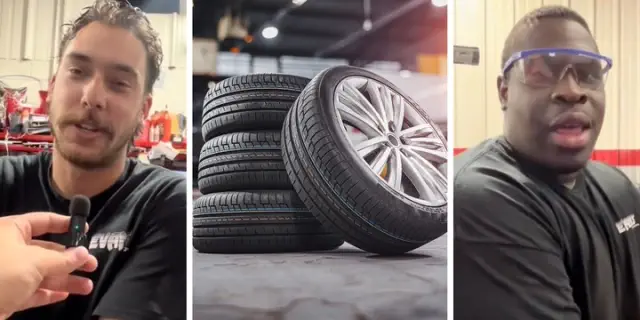Currently, the sale of new hybrid vehicles is expected to persist until the year 2035.
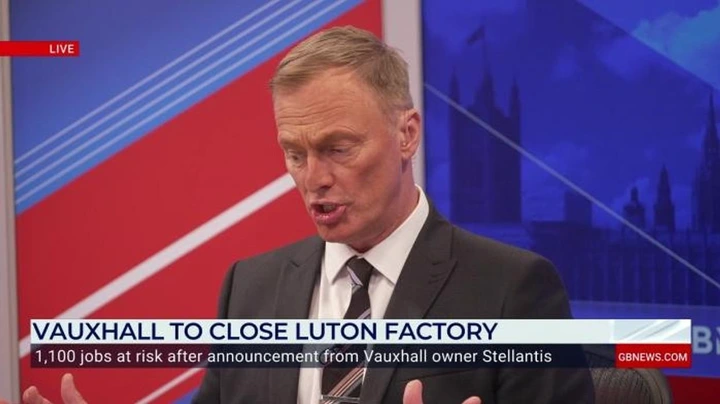
View pictures in App save up to 80% data.
A prominent automotive specialist has urged the Government to eliminate incentives for hybrid cars, advocating instead for increased support for electric vehicles.
According to data released by the Society of Motor Manufacturers and Traders (SMMT), there were 261,000 registrations for hybrid electric vehicles and 167,000 for plug-in hybrid vehicles in the year 2024.
This marked a significant year-on-year increase of 9.6 percent and 18.3 percent, as drivers transition to vehicles that are more eco-friendly compared to traditional petrol or diesel models.
In 2024, the registration of battery electric cars soared to nearly 382,000 vehicles, highlighting the increasing shift towards zero-emission transportation, despite their rising popularity.
Do you have a story you'd like to share? Get in touch by emailing[email protected]
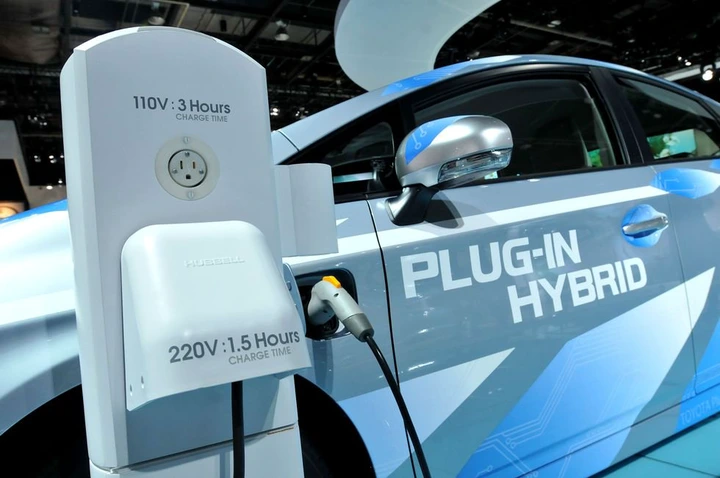
View pictures in App save up to 80% data.
As the Government deliberates on the possibility of permitting the sale of new hybrid vehicles beyond the decade's end, a specialist has criticized the ongoing endorsement of hybrid cars.
According to Alex Ingram, the Chief Reviewer at Auto Express, plug-in hybrid vehicles do not live up to their expectations, highlighting concerns related to both financial aspects and environmental impact.
He referenced an extensive road test of the Alfa Romeo Tonale PHEV, which recorded an impressive 35.3 mpg over a distance of 4,500 miles. In contrast, the Range Rover Evoque fell short, delivering less than 30 mpg after its electric battery ran out.
This presents a significant contrast to the official WLTP figures provided by manufacturers, which claim that the vehicles can reach 217mpg and a top speed of 191mph.
Ingram stated, "These numbers reveal the fundamental issues with PHEVs when they lack consistent charging."
"Their performance rapidly declines, resulting in consumers being left with cumbersome, inefficient vehicles that do not warrant their elevated initial expenses."
The specialist also referenced findings from a study conducted by the European Commission, which revealed that the actual CO2 emissions of petrol plug-in hybrid electric vehicles (PHEVs) are 238 percent greater than the official WLTP figures, while diesel PHEVs exhibited even poorer performance at 312 percent higher.
Ingram, in collaboration with Auto Express, is urging the Government to prioritize incentives for efficient and compact electric vehicles instead of hybrid models.
Plug-in hybrid vehicles are frequently marketed as a transitional option between traditional internal combustion engine vehicles and fully electric cars. However, recent data indicates that more drivers are opting to bypass hybrids altogether and transition directly from ICE vehicles to electric vehicles.
Transport Secretary Heidi Alexander recently informed Parliament that the sale of new petrol and diesel vehicles will be prohibited starting in 2030. She also confirmed that by 2035, all newly manufactured cars and vans must be completely zero emission.
This will create a "loophole" that enables drivers to buy a new plug-in hybrid vehicle even after the decade concludes.
Should the Government approve this measure, widely favored models such as the Toyota Prius may continue to be available for purchase until the end of 2034, allowing drivers who are not prepared to transition to electric vehicles more time.
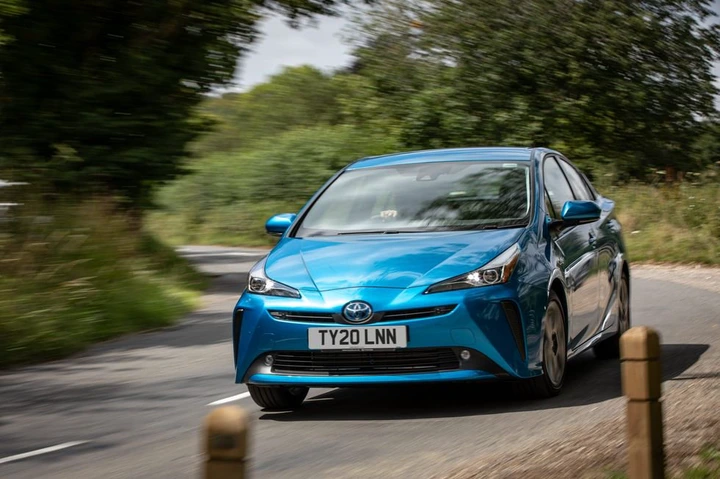
View pictures in App save up to 80% data.
Ingram stated, "Overall, I wish that those in authority will quickly recognize that most PHEVs represent a suboptimal compromise and eliminate any incentives for them as soon as they can."
"If they truly had the right perspective, I would hope to see governments promoting incentives exclusively for small electric vehicles and, to a lesser degree, compact gasoline cars. However, I worry that such a level of common sense is merely a dream."

